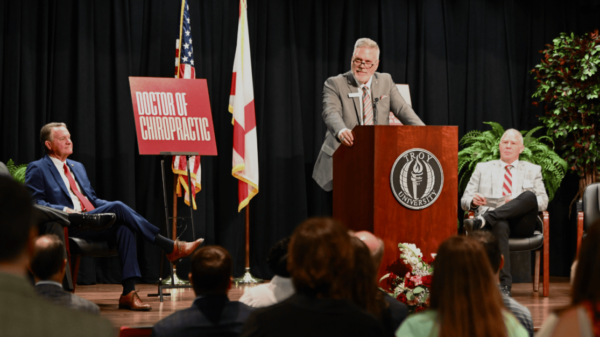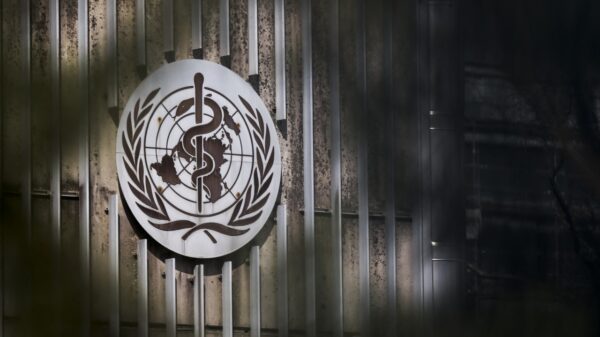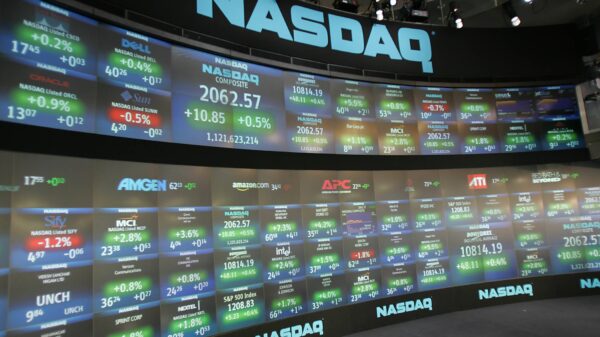New investigations into the import of drones, drone components, and polysilicon have been initiated by the U.S. Commerce Department. This announcement was made on Monday, marking a significant step in addressing potential national security concerns related to these imports. The probes, which were opened on July 1, fall under Section 232 of the Trade Expansion Act of 1962, as confirmed by Commerce Secretary Howard Lutnick.
Section 232 grants the President the authority to impose restrictions on imports deemed a threat to national security. This investigative action reflects growing scrutiny over critical materials that are essential for manufacturing solar panels and semiconductors, industries vital to both technology and renewable energy sectors.
The Bureau of Industry and Security, a branch of the Commerce Department, has officially posted the details of these inquiries in the Federal Register. The public now has a window of 21 days to submit comments regarding the implications of these imports. Following this period, Secretary Lutnick has up to 270 days to compile a report on the findings of the investigations for the President.
The focus on polysilicon is particularly noteworthy, as it is a key material in the production of solar cells and semiconductor devices. As global demand for renewable energy solutions continues to grow, the U.S. government is increasingly concerned about dependency on foreign sources for essential components.
Drones, meanwhile, have become a focal point in national security discussions due to their use in various sectors, including defense and surveillance. The technology surrounding drones has evolved rapidly, leading to increased regulatory scrutiny aimed at protecting U.S. interests.
These probes come at a time when international trade dynamics are shifting, and the U.S. is reassessing its economic dependencies. The investigations signal a proactive approach to safeguarding national security while balancing the needs of emerging technologies and renewable energy initiatives.
As the situation develops, the outcomes of these inquiries could have far-reaching implications for the industries involved. Stakeholders are encouraged to engage in the public comment period, as their input will play a crucial role in shaping the final recommendations made to the President.
The outcome of these investigations will not only affect businesses within the U.S. but also impact global supply chains, as countries around the world navigate similar issues of security and economic resilience.







































































